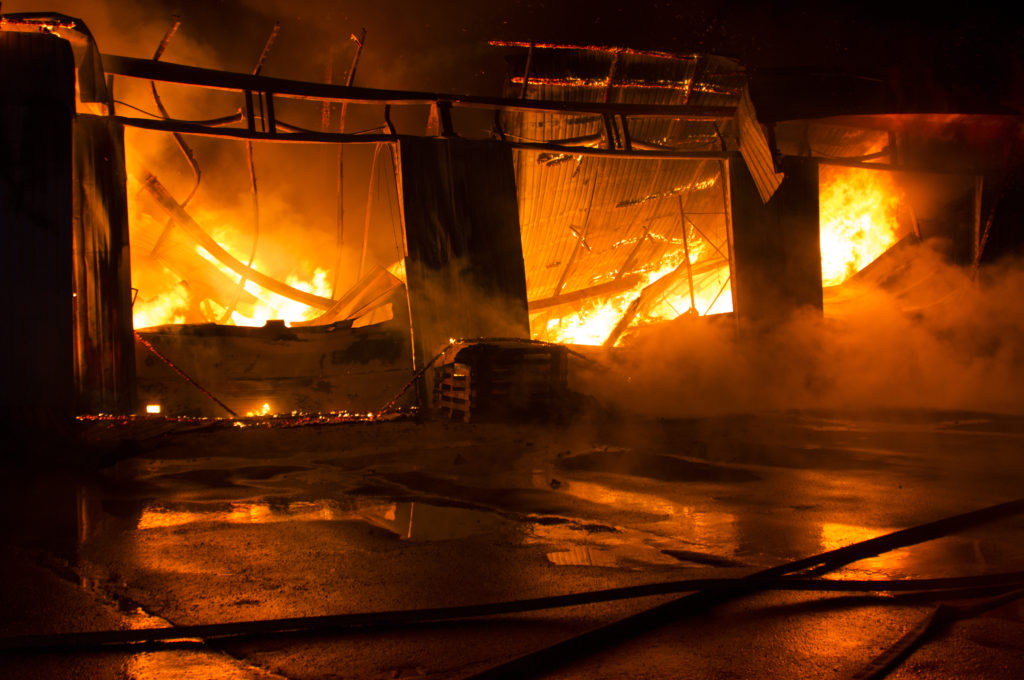Dance Studios Insurance in Singapore
From $19/month. Broad cover for fire, public liability, injuries, & more.
Compare quotes from leading insurers











Save up to 25% on premiums
Quick quotes for all products
Advisors available 7 days/wk
Singapore's best coverage for your dance studio against fire, public liability, employee injuries, & more.
Running a dance business is lots of work, but great fun. It’s important to protect your dance studio, after all the effort you’ve put into setting it up. You’ll want to ensure you don’t lose your investment to property damage, like a fire or burglary. With plenty of dancing and other physical activities, injuries are always a concern. If your clients get injured in your dance studio, you can be held liable for personal injury. Your dance teachers are also at risk of getting injured themselves, or even contracting Covid-19 infections.
Get quick, broad, and affordable protection for your dance studio business today.
What does Dance Studio Insurance cover?
Dance studio owners should consider the following policies to adequately protect themselves:
Coverage | Explanation | Importance for dance studios |
Covers dance studio premises against property damage. Examples include fire, some types of water damage, explosions, break-ins, and more. | Critical | |
Covers you against liability to third-parties for property damage or injuries. E.g. dance customers who get injured by a light fixture falling from the ceiling, or slipping because the floor was wet. | Critical | |
Covers your employees if they suffer work-related injuries/sickness. | Legally required for all manual workers (e.g. fitness trainers), or workers who earn <$2,600/month | |
Covers some operating expenses if you can’t run your dance studio due to covered reasons, e.g. having your dance premises destroyed by fire. | Very good to have | |
Covers medical costs for your foreign employees. | Legally required for S-Pass and Work Permit holders |
Commercial Property Insurance: Coverage for dance studios starts with protecting your business premises. You can only run a dance studio business with, well, a studio. This type of insurance is therefore critical to ensure you’re not left hanging dry if your studio is damaged.
This policy will cover your property, such as: dance studio premises, renovations, fixtures & fittings, dance equipment, furniture, electronic equipment, and other miscellaneous property.
It protects you from a wide range of property damage, like: fire, certain types of water damage, explosions, vandalism, break-ins from burglars, and more.
Public Liability Insurance: You’re going to have lots of clients walk in and out of your premises all day long. If any of your customers suffer injuries because of your negligence, you could be on the hook for personal injury liability. If your clients sue you for injuries or property damage, you’re going to need this policy. Public Liability Insurance covers you for legal costs like settlements/damages, and lawyer’s fees.
Work Injury Compensation Insurance (WICA Insurance): WICA Insurance covers employees if they suffer work-related injuries/sickness, including Covid-19. It pays for their medical expenses, and lost wages while on MC. Singapore law requires employers to purchase WICA Insurance for all manual workers, and all workers who get paid $2,600/month and less. Dance studio employees are, very often, manual. If the employee’s job, for instance, involves cleaning, dance instruction, or other physical work, then they are manual employees.
Business Interruption Insurance: This covers your operating expenses if you can’t run your dance studio, due to a covered reason – for instance, if a fire destroys your premises. This is a great cover to have, because it helps you to pay for costs like rent, salaries, and other overhead while you can’t generate revenue.
Foreign Worker Medical Insurance: This is required by MOM for all S-Pass and Work Permit holders that you hire.
What are some claims examples for dance studios?
Dance studio suffers massive fire: Your dance studio gets damaged by a fire that started in a neighbouring unit. Your renovations, equipment, lights, and belongings are all destroyed.

Your Commercial Property Insurance kicks in. This policy would pay to rebuild your dance studio. It would cover the cost of hiring architects and surveyors to come in, and do up the plans for the rebuilding of your premises. The policy would cover the cost for you to remove all the debris. The insurer would then pay for the costs of your renovation contractors, and the works needed to restore your dance studio to its original condition.
Light fixture drops on client, causes head injury: A loose light fixture suddenly detaches itself from the ceiling of your dance studio. Unfortunately, a client of yours was standing right underneath it. The light crashes onto her. She suffers a laceration that requires 10 stitches. The client sues you for negligence in not ensuring that the light was properly fixed to the ceiling. Public Liability Insurance would cover your legal expenses to defend yourself, and also any settlements you may become liable to pay.

Dance trainer employee injured at work: One of your dance instructors was in the middle of a class. He executes a swift turn, but accidentally slips. He lands in an awkward position, and breaks his arm. He goes to A&E, where doctors set his arm in a cast. He’s also provided with 4 weeks of medical leave. His medical bill ends up being $4,500. With WICA laws, you must compensate your employee for his medical bills and lost wages while on medical leave. Since you have WICA Insurance, the insurer pays for these costs.

How much coverage do I need?
Commercial Property Insurance: For a 1,000 sq ft dance studio, consider a minimum of $100,000 in coverage. Think about adding on $100,000 additional cover, for every additional 1,000 square ft of space that you have.
Public Liability Insurance: You’ll want to have at least $500,000 to $1 million coverage. These coverage amounts also happen to be what many landlords ask for in tenancy agreements.
WICA Insurance: You will need $45,000 medical expenses cover, per employee. This is the requirement that MOM has stipulated under WICA laws.
Business Interruption Insurance: Think about the gross profit that you would miss out on if your business were to close for 3-6 months. You should then cover at least that amount. Most dance owners will do well to pick at least $50,000-$100,000 in coverage.
Foreign Worker Medical Insurance: You must have $15,000 coverage per foreign worker, by law.
How much does Dance Studio Insurance cost?
As a dance studio owner, getting a comprehensive Business Insurance Package is probably the most cost-effective way to insure your company. This package deal provides you with comprehensive cover against the major risks that dance studio owners face. A Business Insurance Package for dance studio includes:
Coverage | Coverage amount (example) | Premium |
$100,000 | From $19/month, for a comprehensive Business Insurance Package deal | |
$500,000 | ||
$10 million common law annual limit $45,000 medical expenses cover per worker | ||
$10,000 | ||
$15,000 cover per worker | From $6/month, per worker |
What are the benefits of using Provide for Dance Studio Insurance?
Provide gets you tailored online quotes for dance insurance, at the lowest premiums.
Save up to 25% on premiums
Save time with our convenient online platform to get quotes, file claims, and manage policies
Expert insurance team with 20+ years experience serving both SMEs and large multinational firms
- Available by phone 7 days a week